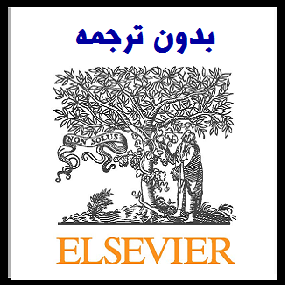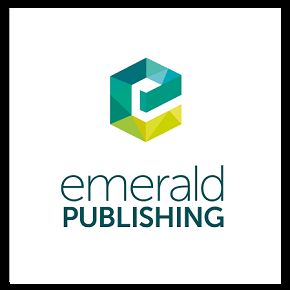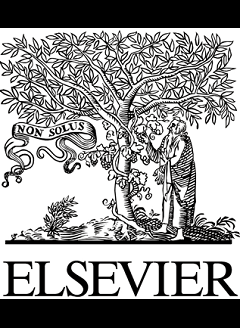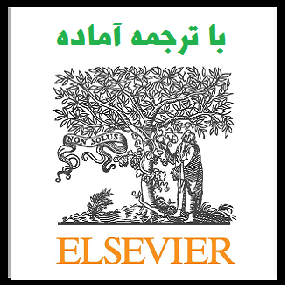دانلود رایگان مقاله توانایی فناوری اطلاعات و چابکی سازمانی – سال 2020


مشخصات مقاله:
عنوان فارسی مقاله:
توانایی فناوری اطلاعات و چابکی سازمانی: یک مطالعه در صنعت هتل در جزایر قناری
عنوان انگلیسی مقاله:
Information technology capability and organisational agility: A study in the Canary Islands hotel industry
کلمات کلیدی مقاله:
چابکی، هتل، قابلیت فناوری اطلاعات، فناوری اطلاعات
کلمات کلیدی انگلیسی:
Agility – Hotel – Information technology capability – Information technology uses
مناسب برای رشته های دانشگاهی زیر:
مدیریت
مناسب برای گرایش های دانشگاهی زیر:
مدیریت فناوری اطلاعات، هتلداری
وضعیت مقاله انگلیسی و ترجمه:
مقاله انگلیسی را میتوانید به صورت رایگان با فرمت PDF با کلیک بر روی دکمه آبی، دانلود نمایید. برای ثبت سفارش ترجمه نیز روی دکلمه قرمز رنگ کلیک نمایید. سفارش ترجمه نیازمند زمان بوده و ترجمه این مقاله آماده نمیباشد و پس از اتمام ترجمه، فایل ورد تایپ شده قابل دانلود خواهد بود.
فهرست مطالب:
Abstract
Keywords
1. Introduction
2. Conceptual framework
2.1. Vulnerability in the hotel sector and organisational agility
2.2. IT uses and hotel agility
2.3. IT capability: mediating and moderating role in hotel agility
3. Methodology
3.1. Data collection
3.2. Measures
4. Results
4.1. Sample profile
4.2. Reliability and validity assessments
4.3. Testing direct and indirect effects
5. Discussion and conclusions
Author’s contributions
Declaration of Competing Interest
Appendix A. Supplementary data
References
قسمتی از مقاله انگلیسی:
1. Introduction
The tourism industry, which covers a wide range of sectors and services, where the accommodation sector plays an important role, faces multiple uncertain and critical situations (Wang & Ritchie, 2012). In this regard, hotel management has to deal with numerous changes affecting the tourism industry, including environmental issues, economic crises, regulatory changes, and new customer demands (Faulker, 2001; Hall, 2010; Paraskevas & Altinay, 2013; Ritchie, 2004, 2009). This demands an orientation towards organisational agility as a management paradigm in changing environments (Sharifi & Zhang, 1999; Vázquez-Bustelo, Avella, & Fernández, 2007; Zhang & Sharifi, 2000). Thus, diverse studies focus on analysing organisational agility, its antecedents and consequences (Bottani, 2009; Cai, Richter, & McKenna, 2019; Chonko & Jones, 2005; Routroy, Potdar, & Shankar, 2015; Sharifi & Zhang, 1999). One of the antecedents of organisational agility is IT (Tallon, Queiroz, Coltman, & Sharma, 2019), which stimulates strategic and operational management to face environmental changes (Aburub, 2015; Chen et al., 2014; Mandal, Korasiga, & Das, 2017). IT offers enormous possibilities for hotels to identify customer needs and preferences, and to anticipate and adapt their products and services. Furthermore, hotel managers can stimulate relationships with suppliers and strategic partners through their network connections and improve internal processes (e.g., Bilgihan, Okumus, Nusair, & Kwun, 2011; Buhalis & Main, 1998; Bulchand-Gidumal & Melián-González, 2011; Cai et al., 2019; Carroll & Siguaw, 2003; Chathoth, 2007; Piccoli, 2008). Also, considering the ongoing technological development, the ability to use IT is key for the tourism sector (Lin, 2016). However, there is not a typology of IT uses acknowledged in the literature.



